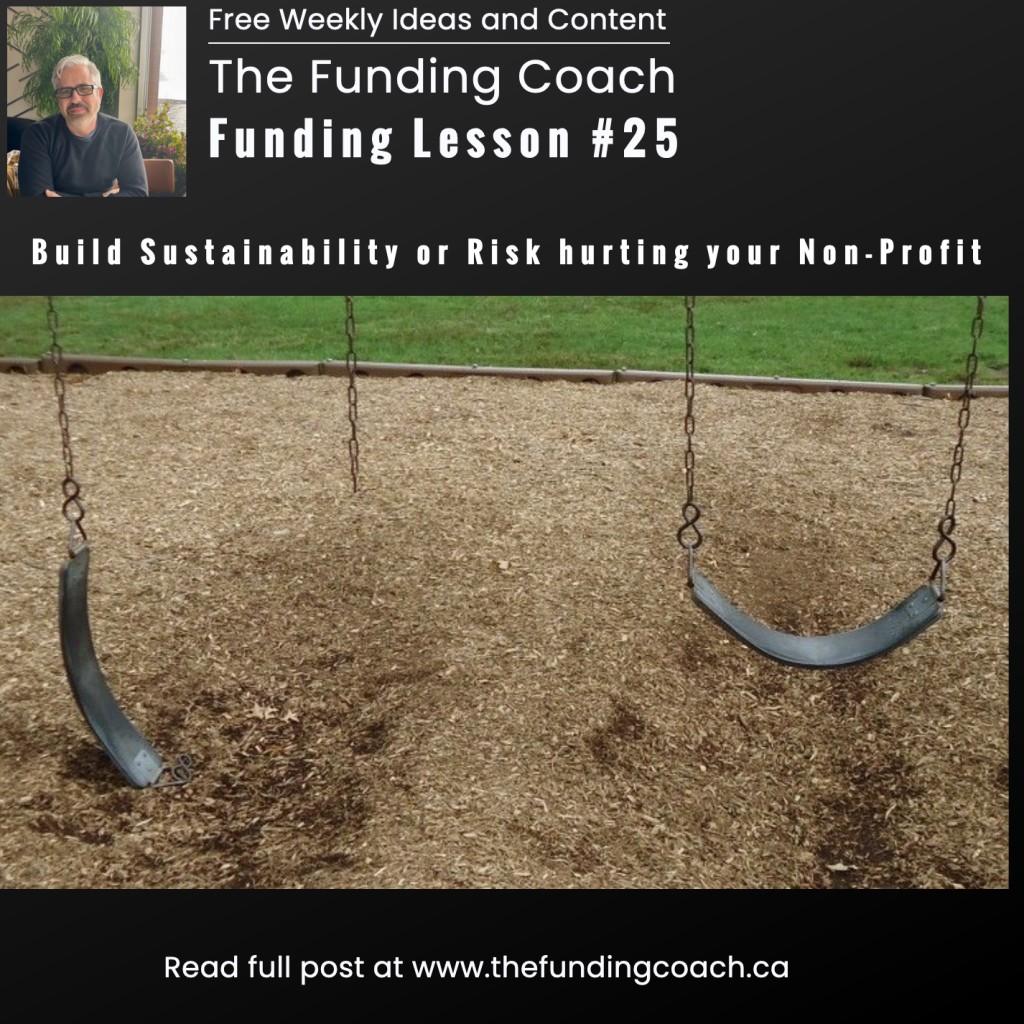
My community, like many others, is littered with remnants of past projects left to fall apart—a recurring issue across various sectors. I’ve witnessed large-scale government-funded youth projects receive millions, only to disappear soon after funding dried up. Similarly, numerous churches and community centers expand ambitiously, only to struggle financially with higher ongoing expenses.
While securing large donations and grants can be immensely beneficial, they can also potentially sink your non-profit or faith community.
Over a decade ago, I received invaluable advice on creating sustainability. At the time, our organization had just acquired significant funding earmarked for expanding our building. With differing opinions among members on its use, seeking external guidance was crucial.
The consultant pointed out that more space meant new programs, opportunities, and long-term bills. He challenged us to invest a portion of the funds in income-generating initiatives, cost reduction strategies, and enhancements that would boost sustainability—not just in completing our building. We followed his advice, making our space more accessible to the public, increasing rentable areas, and adding features to attract new participants.
Think of it this way: getting a puppy isn’t just one decision; it’s a commitment to countless decisions, financial adjustments, and hard work. Yet, the joy and companionship it brings make it worthwhile for years to come.
To build a truly successful non-profit over the long term, integrating sustainability into your fundraising and growth strategies is essential. Otherwise, you risk falling into recurring pitfalls. It’s crucial to ask the tough questions: Will new funds this year lead to unforeseen costs next year? What happens when a grant for new staff or programs expires?
This concept might be new to many, but it’s prudent to factor in costs and expenses into your fundraising budgets that mitigate ongoing financial burdens associated with growth. This approach becomes even more critical with larger donations, grants, or expansions.
If you’re interested in learning more about sustainable fundraising practices, please visit thefundingcoach.ca.
